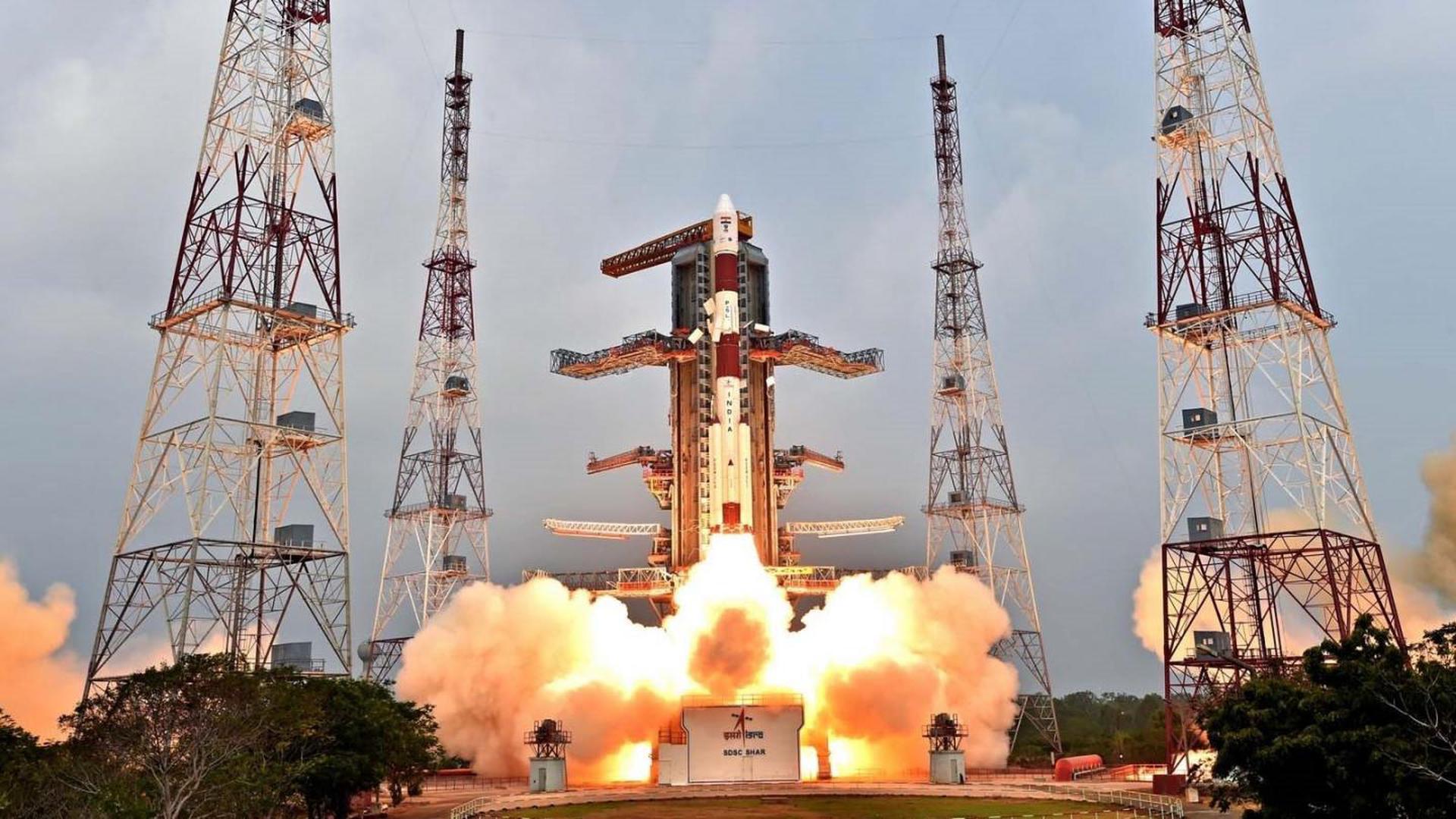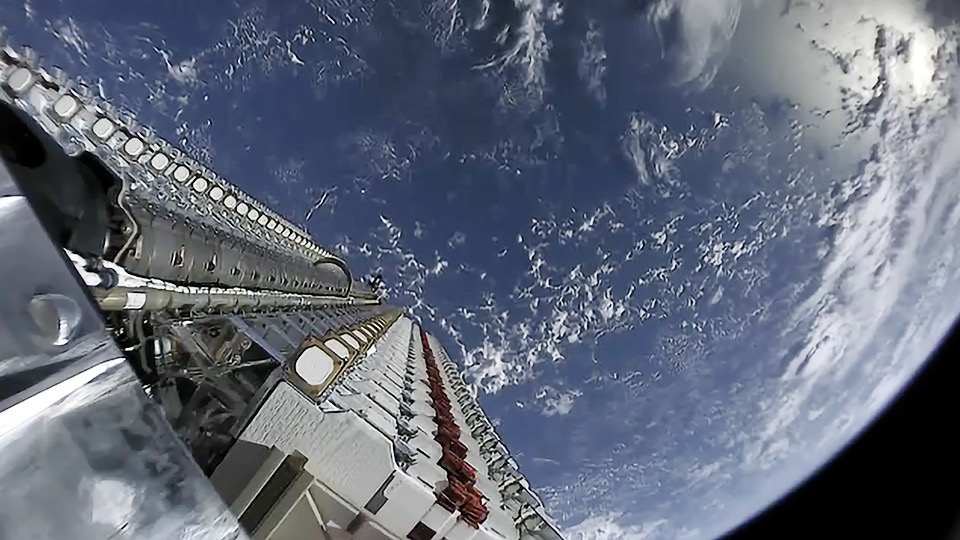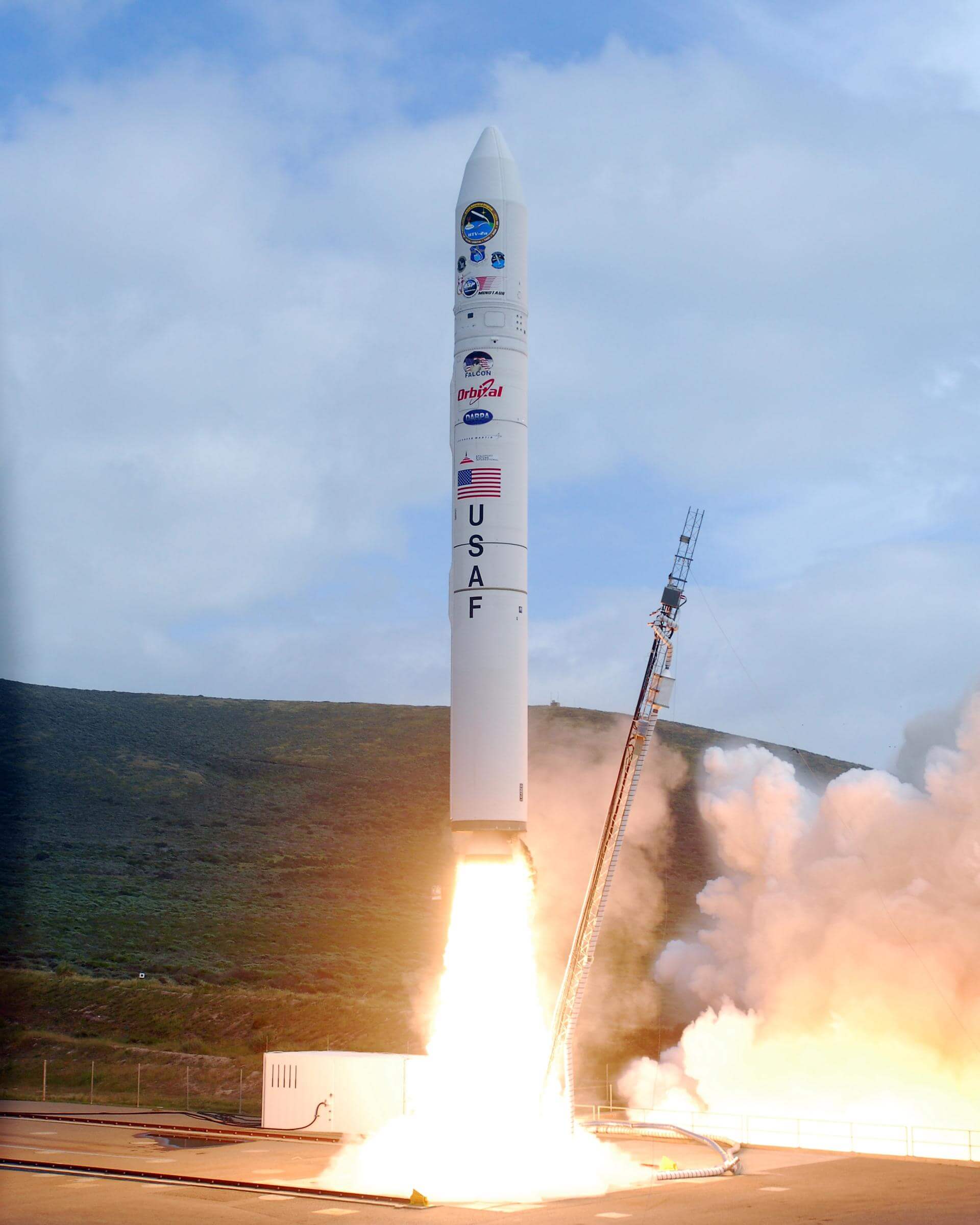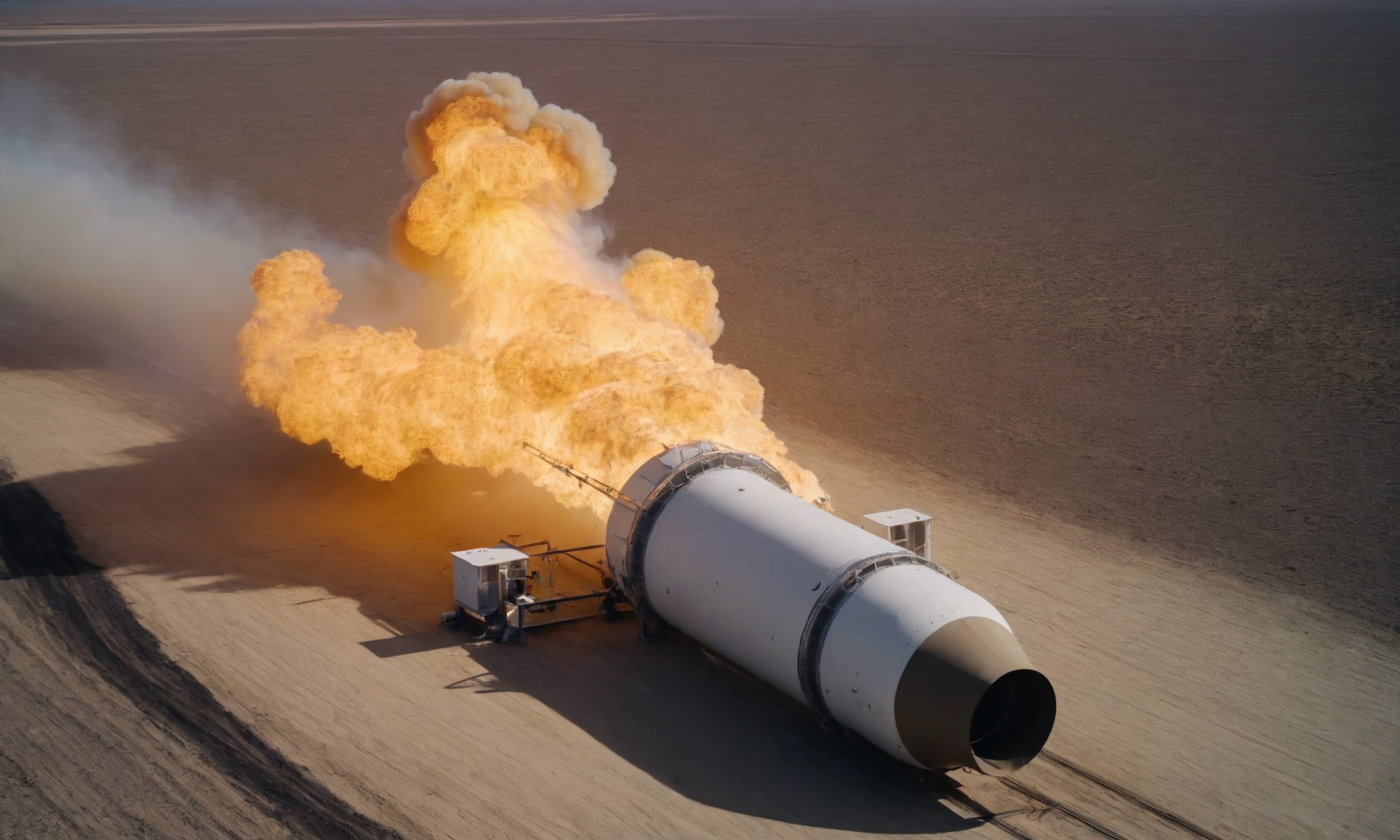· space brief · 5 min read
Space Brief 19 Nov 2024
Today's brief covers the investigation into Musk-Putin calls, SpaceX launch restrictions impacts, Pentagon's space investment strategies, ABL Space's pivot in focus, and Israel's defense export developments.
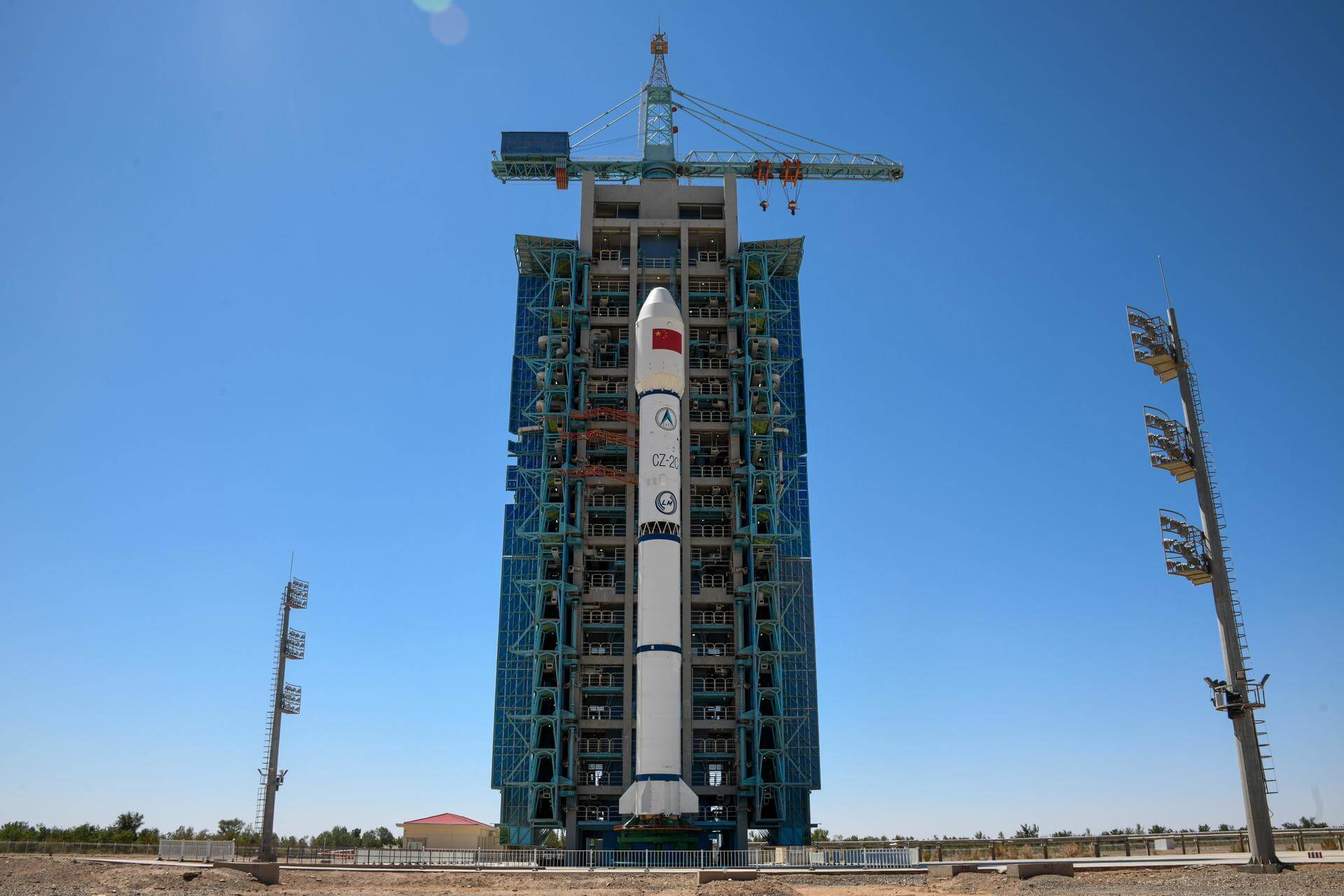
📄Top Stories
A call for investigation into dialogues between Musk and Putin raises stakes in global tech-politics. SpaceX faces restrictions from the California Coastal Commission affecting national defense strategies, while the Pentagon shows mixed support for commercial space innovations against a backdrop of increasing defense applications. Meanwhile, ABL Space Systems shifts focus from orbital launches to missile defense.
📰Detailed Coverage
Senators Call for Probe into Musk-Putin Conversations
Two U.S. senators have formally requested a probe by the Department of Justice and the Pentagon into conversations between Elon Musk and Vladimir Putin. This inquiry stems from concerns over Musk’s interactions with Russian leadership during heightened geopolitical tensions. The discussions, reportedly surrounding Musk’s space ventures, highlight the blending of corporate interests and international diplomacy.
The impetus for this investigation coincides with Musk’s influential position in global communications and its potential implications for U.S. national security. The ongoing inquiry may shed light on the balance between private enterprise influence and government regulatory oversight, a pertinent topic in the context of satellite communications where our app aids in transparency and tracking.
Read the full story: SpaceNews
SpaceX Launch Limitations Could Impact National Security
A recent decision by the California Coastal Commission to restrict SpaceX launches from Vandenberg Space Force Base has sparked concerns regarding U.S. national defense capabilities. This ruling poses significant challenges to the frequency and scheduling of launches that are critical for national security satellites.
Vandenberg’s location is strategic for polar orbit launches, vital for defense operations and weather monitoring. Restrictions could lead to delays in deploying essential technologies designed to bolster U.S. intelligence and defense infrastructures, potentially impacting projects reliant on timely access to orbit.
Read the full story: SpaceNews
Pentagon’s Ambivalent Stance on Space Innovation
The Pentagon’s recent allocation of $13 billion towards commercial space services points to a subtle yet significant shift in defense strategy, emphasizing a reliance on low-Earth orbit capabilities. However, despite this influx of funding, the military’s strategic direction appears inconsistent regarding the integration of commercial innovations.
The complexity of balancing traditional military objectives with the agility of commercial advancements remains visibly challenging. As satellite technologies evolve, the military’s adaptability could be crucial for the U.S. maintaining a competitive edge in space operations.
Read the full story: SpaceNews
ABL Space Systems’ Strategic Shift to Missile Defense
ABL Space Systems has announced a strategic pivot from its orbital launch plans to focus on missile defense initiatives within the U.S. defense sector. This change marks a decisive shift from launching satellites to providing technologically advanced defense solutions in response to market demands and security requirements.
Founded in 2017, the company’s decision underscores a growing market trend where launch providers are diversifying into defense infrastructures, potentially accelerating advancements in missile technologies and defense readiness.
Read the full story: Space.com
Israel’s Arrow 3 Missile Defense Systems Set for Germany
In a development highlighting international defense cooperation, Israel is set to deploy its Arrow 3 air defense systems to Germany by 2025. Amid ongoing regional conflicts, this agreement demonstrates Israel’s commitment to supporting allied nations’ defense capabilities, particularly in response to emerging threats.
The export of Arrow 3 systems showcases advanced missile defense technology and enhances Germany’s defensive postures against potential attacks, further strengthening NATO’s defensive matrix in the region.
Read the full story: Breaking Defense
🛰️Satellite Spotlight
- Satellite Name: PAYLOAD B
- NORAD ID: 49113
- Launch Date: 2021-07-06
- Mission: Details unspecified but operated by the Chinese Academy of Space Technology.
- Orbit: Inclination 86.4005°, Period 102.19 minutes, Eccentricity 0.0017955
- Operator: Chinese Academy of Space Technology, Beijing (CASC 5th Acad)
- Fun Fact: This satellite forms part of China’s expanding portfolio in space exploration and technology advancements.
Current TLE Data:
1 49113U 21076B 24318.43963156 .00000608 00000-0 33958-3 0 99994
2 49113 86.4005 315.5509 0017955 221.1184 138.8645 14.09155561165630Track this satellite in real-time on our web app: Track PAYLOAD B
Upcoming Space Launches
November 19
- SpaceX Starship:
- Integrated Flight Test 6 from SpaceX Starbase, TX, USA (22:00 UTC) Sixth test flight of the two-stage Starship launch vehicle.
November 21
- Russian Federal Space Agency (ROSCOSMOS) Soyuz 2.1a:
- Progress MS-29 (90P) from Baikonur Cosmodrome, Republic of Kazakhstan (12:22 UTC) Progress resupply mission to the International Space Station.
- SpaceX Falcon 9 Block 5:
- Starlink Group 6-66 from Cape Canaveral SFS, FL, USA (15:53 UTC) A batch of satellites for the Starlink mega-constellation - SpaceX’s project for space-based Internet communication system.
November 22
- Rocket Lab HASTE:
- Leidos-2 from Wallops Flight Facility, Virginia, USA (00:45 UTC) Second sub-orbital launch of Electron for the HASTE program for Leidos and Dynetics.
- SpaceX Falcon 9 Block 5:
- Starlink Group 9-13 from Vandenberg SFB, CA, USA (04:13 UTC) A batch of satellites for the Starlink mega-constellation - SpaceX’s project for space-based Internet communication system.
- Blue Origin New Shepard:
- NS-28 from Corn Ranch, Van Horn, TX, USA (15:30 UTC) Twenty-eighth flight of New Shepard carrying six passengers.
November 23
- Rocket Lab Electron:
- Ice AIS Baby (Kinéis 11-15) from Rocket Lab Launch Complex 1, Mahia Peninsula, New Zealand (03:55 UTC) Third batch of five satellites for the French Kinéis IoT constellation designed to operate with 25 nanosatellites of 30 kg each.
November 24
- SpaceX Falcon 9 Block 5:
- Starlink Group 12-1 from Cape Canaveral SFS, FL, USA (09:59 UTC) A batch of satellites for the Starlink mega-constellation - SpaceX’s project for space-based Internet communication system.
- China Aerospace Science and Technology Corporation Long March 2C:
- Unknown Payload from Jiuquan Satellite Launch Center, People’s Republic of China (23:26 UTC) Details TBD.
Note: Launch dates and times are subject to change due to technical or weather considerations.

Maurice Stellarski


